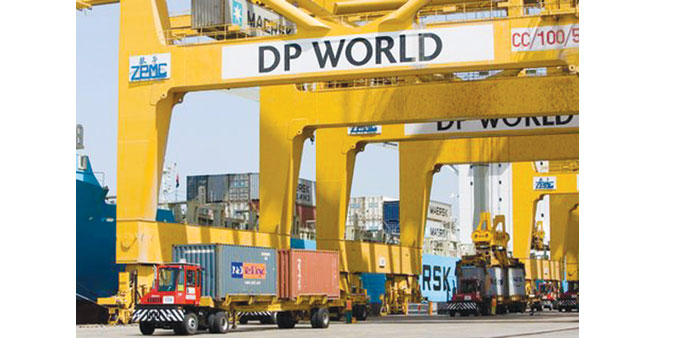Bloomberg
Dubai
The slide in oil prices since Opec kept its output targets unchanged last year is failing to curb investor appetite for United Arab Emirates debt, which has outpaced emerging markets amid a dearth of supply.
The average yield on UAE bonds declined eight basis points since the end of November, compared with a seven basis- point increase on the yield on developing-country debt, according to JPMorgan Chase & Co indexes. Bond issuance in the six-nation Gulf Cooperation Council plunged 17% last year to $33.4bn as borrowers turned to the loan market for cheaper financing. Sentiment is also being bolstered by the size of the nation’s cash reserves, according to Ali Soner Guney, a fixed-income fund manager at National Bank of Abu Dhabi.
While oil sank to the lowest level since 2009 this year, the UAE’s cash reserves swelled on the back of crude prices averaging more than $100 a barrel in the three years through 2013. Abu Dhabi, the richest of the seven emirates, is home to the Abu Dhabi Investment Authority, which holds assets estimated at $773bn, according to the Sovereign Wealth Fund Institute.
With limited new supply, UAE banks “are starved for paper,” Anita Yadav, the head of fixed-income research at Emirates NBD, Dubai’s biggest bank, said by telephone on February 10. Local banks just “buy and hold,” with less concern about the actual price, she said.
The GCC accounts for almost a third of the world’s proven oil reserves. Brent crude, a measure for more than half of global oil, fell 48% in 2014 and a further 2.2% this year to $56.06 a barrel as of 4:35 pm in Dubai.
The UAE’s “credit quality, particularly in Dubai, has improved with both the government and its related companies having reduced debt,” Abdul Kadir Hussain, chief executive officer at Dubai-based fund manager Mashreq Capital DIFC, said in an e-mail on February 10.
Dubai’s government, which almost defaulted on debt in 2009, repaid a 2.5bn-dirham ($681mn) sukuk and another $1.25bn Shariah-compliant bond in November. Dubai-owned ports operator DP World reduced debt to $5.8bn as of June 30 from $7.7bn at the end of 2011, data compiled by Bloomberg show.
The average yield on UAE debt was 4.18% on February 11, 252 basis points less than the interest rate on emerging- market debt, JPMorgan data show.
The bonds’ performance “could reverse in the near term,” Hussain said. The drop in crude will reduce government revenue and cut the amount of cash it deposits in banks, he said.
“Add to this the general concern around oil prices and I think investors will demand a high premium to invest in GCC markets in general,” Hussain said.
The credit-to-deposit ratio among UAE banks, a measure of liquidity, improved to 98.2% at the end of December, from 99.7% a year earlier, signalling lenders have surplus cash to invest, according to central bank data. “At the moment, we are seeing a recovery in oil prices, which is very positive for sentiment in the region,” NBAD’s Guney said. Brent crude jumped 9.1% last week, the most since February 2011.

Dubai-owned ports operator DP World reduced debt to $5.8bn from $7.7bn at the end of 2011, data compiled by Bloomberg show.
